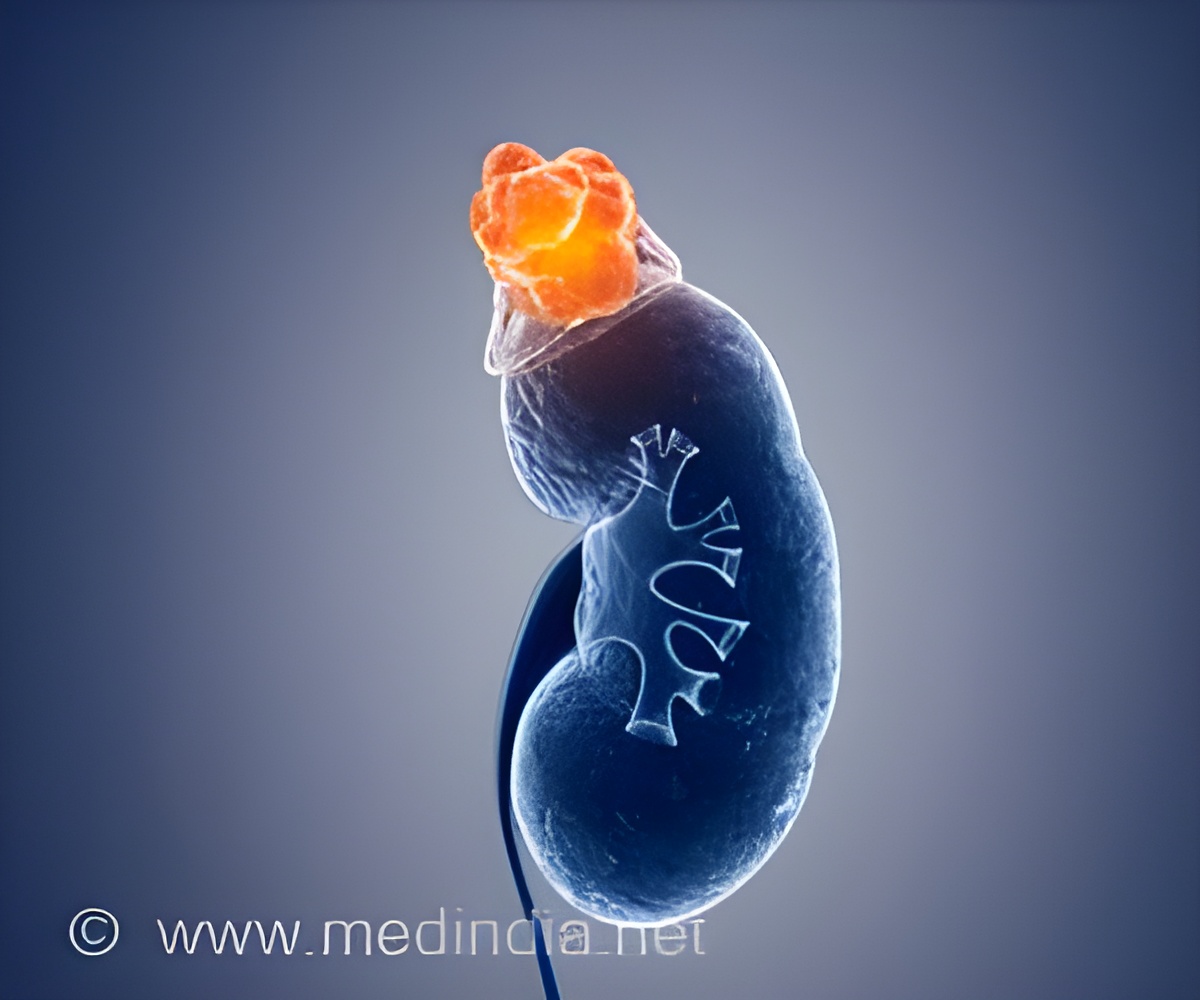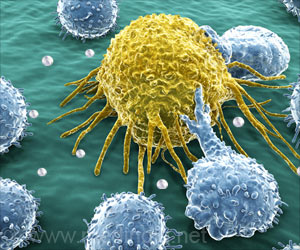Scientists have identified new mechanisms of neuroblastoma (childhood cancer) growth and regression.

‘Scientists have discovered that neuroblastoma tumors only exhibit aggressive growth if these maintenance mechanisms are present.’





One of the article's last-named authors, Prof. Dr. Johannes Schulte, of Charité's Department of Pediatrics, Division of Oncology and Hematology, sums up the study's main findings as follows: "The data produced by our work provide us with a precise means of classifying different neuroblastoma phenotypes." Working alongside pediatric oncologists from University Hospital Cologne, in addition to various other colleagues, Prof. Schulte succeeded in deciphering the genetic code of neuroblastoma cells. The researchers identified mutations in the RAS and p53 cancer signal transduction pathways - changes that are often associated with a poor prognosis. However, the researchers also found some cases of spontaneous tumor regression in patients with these mutations. It was only by merging the genetic data on these cancer signal transduction pathways with information on the mechanisms responsible for maintaining the length of telomeres (structures found at ends of our chromosomes) that the researchers gained a better understanding of the mechanisms involved in producing different neuroblastoma subtypes. This in turn enabled them to make precise predictions regarding disease prognosis.
Telomeres are known to act as a 'molecular clock' in human cells. In most of the body's cells, telomeres will shorten each time the cell divides. Once a critical length is reached, the cell receives the signal to stop dividing, resulting in cell growth arrest or cell death. Stem cells and most cancer cells, however, have telomere maintenance mechanisms which ensure that telomere length remains at above the critical length, thus effectively rendering the cell immortal.
Prognosis was found to be particularly poor in patients with additional mutations affecting the above-mentioned cancer signaling pathways. Given that current treatments are ineffective in the majority of these patients, the ultimate aim is to develop personalized treatments instead of applying unspecific therapies with severe side effects that will not help the patient.
Interestingly, in patients without telomere maintenance mechanisms, mutations of the cancer signaling pathways were found to have no bearing on prognosis. Many of these patients show spontaneous tumor regression even without treatment, while others have such a good treatment response that reduced regimens with less side effects may soon become feasible.
Advertisement
Source-Eurekalert









